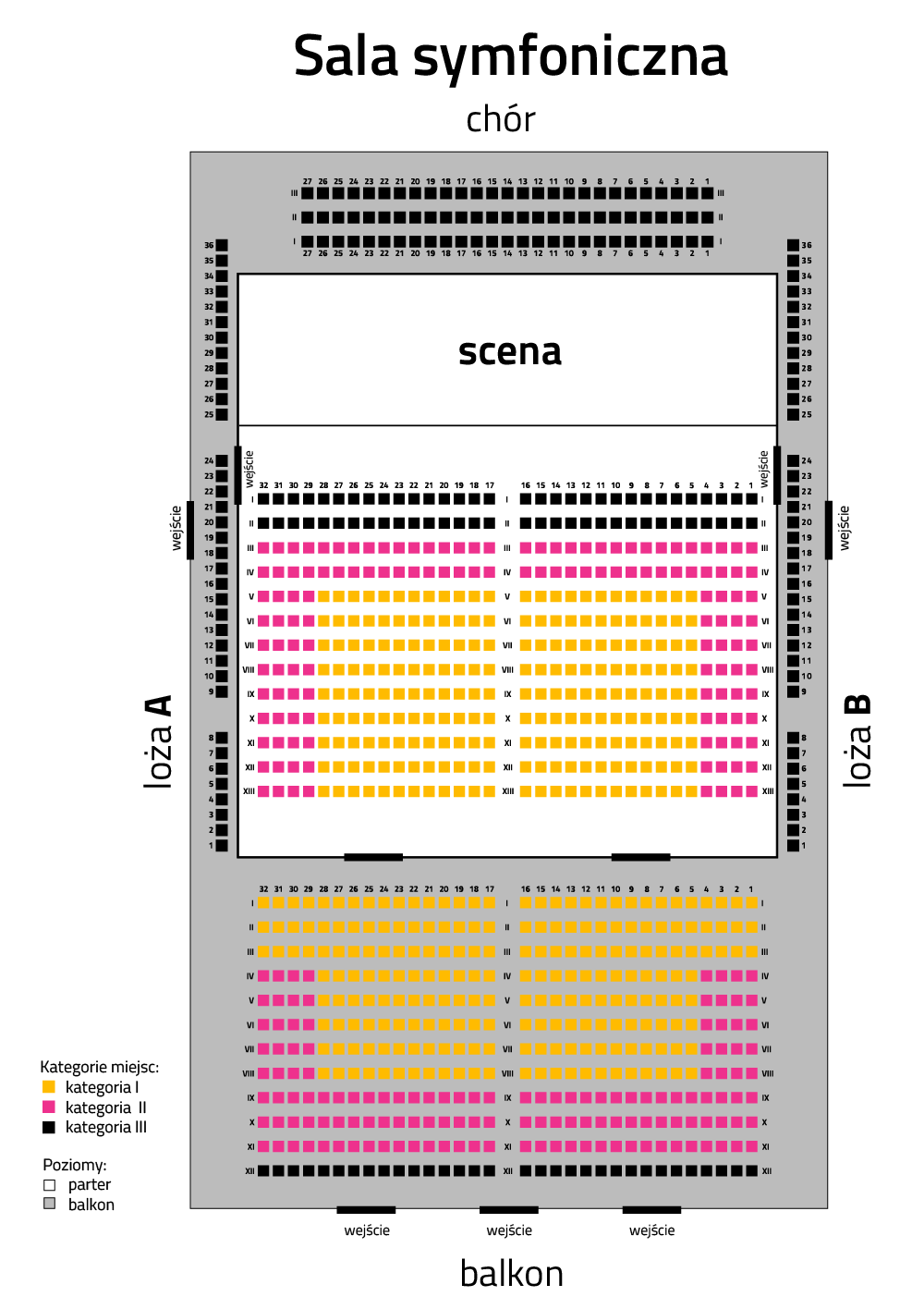"His inspiration comes from others", "Themes... like the Dutchman's wanderings", "Mahler's ideals are devoid of originality," "Electric, from whom almost all melodies were borrowed" – here are a few passages from Gustav Mahler's music reviews. During his life he was mainly known as a conductor, while his works met with crushing criticism.
Gustav Mahler, Austrian composer, but born in Moravia. He lived at the turn of the 19th and 20th centuries in the tumultuous times of the Habsburg Monarchy, Sigmund Freud and the rising reputation of Albert Einstein. This German-speaking cultural circle then presented the crucible of thought, which was followed by an atmosphere of exhaustion for the idea of musical romance. Soon it will be 1913, when the Viennese audience would attack Schoenberg (literally! during the performance of Webern's pieces], and at the Theater of the Champs-Élysées there would be fist fights during the staging of Igor Stravinsky's "Spring Festival" ballet. In these interesting times, Mahler worked as a conductor who was remembered by Viennese musicians as a dictator striking terror, but also as a demanding, wonderful artist. His further professional stops were Kassel, Leipzig, Prague, Olomouc, Budapest, Bayreuth and New York.
For Mahler the composer, only great symphonic music existed – all other creativity descends into a further plan (he destroyed his early compositions). Formally, his symphonies belong to the earlier Romantic Era, but their content, complex tonal schemes, breaking of formal conventions – all of this foreshadowed the arrival of modernism. Symphony No. 7, like the others, is one of the longest in history at 80 minutes. It was created during the successful times of Mahler the conductor, although it has to be acknowledged that the symphony was already appreciated at that time. "The Seventh" had the chance to be the most cheerful of Mahler symphonies, but the events of the composer's personal life did not allow that. After the work was completed, his daughter died (1907) from scarlet fever. In the opinion of musicologists, this tragic event and the revolt of the Vienna opera ensemble contributed to the deterioration of the composer's health. He became depressed, and in the score of "The Seventh" revisions and changes began to appear... Tragic features began to penetrate almost all his music, as if a terrible fate was hanging over him. Researchers of his work show that the symphonic style is strongly rooted in biographical contexts in this case. Mahler's father had an inn in which young Gustav would sit all the time. Then, at a young age, he witnessed family tragedies, his sisters and brothers died of terminal illnesses (scarlet fever, diphtheria). While the siblings were carried out by the back door, guests came in the front door to drink beer. Mahler was therefore a witness to the trivialization of death. Hence, according to Norman Lebrecht, the biographer of the composer, in his symphonies we hear such surprising combinations of pathos and carefree, mourning and melodies from a dancehall.
Mahler is considered today as one of the greatest symphonists in the history of music. He was a great songwriter of longing, who could not be comforted on this earth. A fighter for artistic excellence and depth of expression. When one day in Hollywood they showed the film "Death in Venice" (1971) with the famous Adagietto from Symphony No. 5 by Gustav Mahler, the film producer asked... who had written the music? When the answer came, the producer went straight to the point: Can we buy him?
------------------------------
Mikołaj Rykowski PhD
Musicologist and clarinetist, doctorate, and associate at the Department Music Theory at the Paderewski Academy of Music in Poznań. Author of a book and numerous articles devoted to the phenomenon of Harmoniemusik – the 18th-century practice of brass bands. Co-author of the scripts "Speaking concerts" and author of the spoken introductions to philharmonic concerts in Szczecin, Poznań, Bydgoszcz and Łódź.
Exhibition available during event:
VI Międzynarodowe Biennale Plakatu Społeczno-Politycznego“Dwanaście uniwersalnych wartości:
nadzieja, tolerancja, szacunek, wolność, przełamywanie barier, spotkanie, odpowiedzialność, sprawiedliwość, porozumienie, solidarność, dialog, równość, które określiły nasze działania, jako drogowskazy wpisuję się w idee Biennale i stanowią linię przewodnią i motywację dla naszych dalszych działań”. Za słowami
Leszka Szustera – dyrektora Międzynarodowego Domu Spotkań Młodzieży i
Pawła Warchoła – kuratora wystawy, podpisało się kilkuset artystów z 27 krajów, tworząc
594 plakatów. Dzieła te stanowią graficzny odzew na współczesną rzeczywistość.


